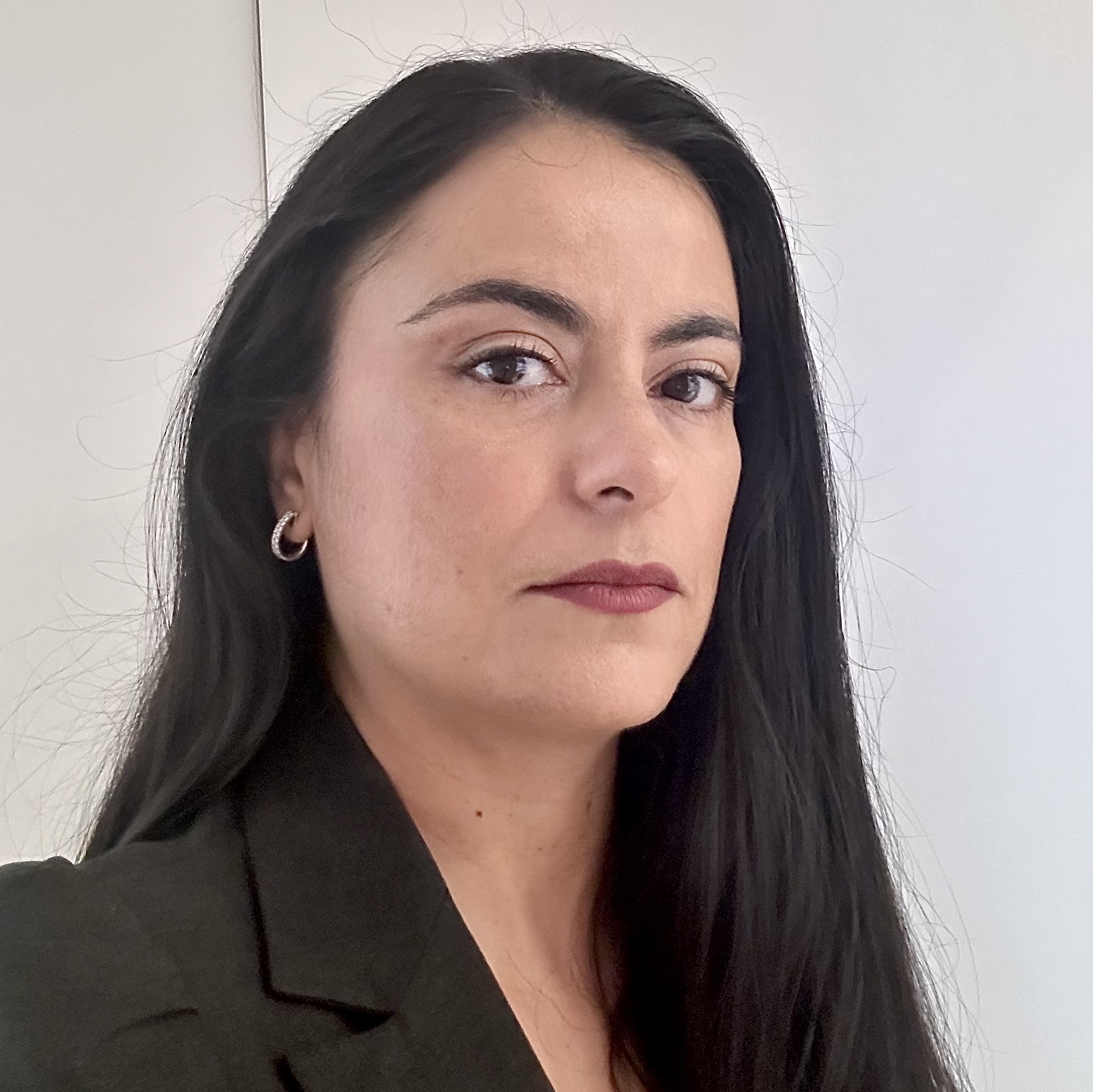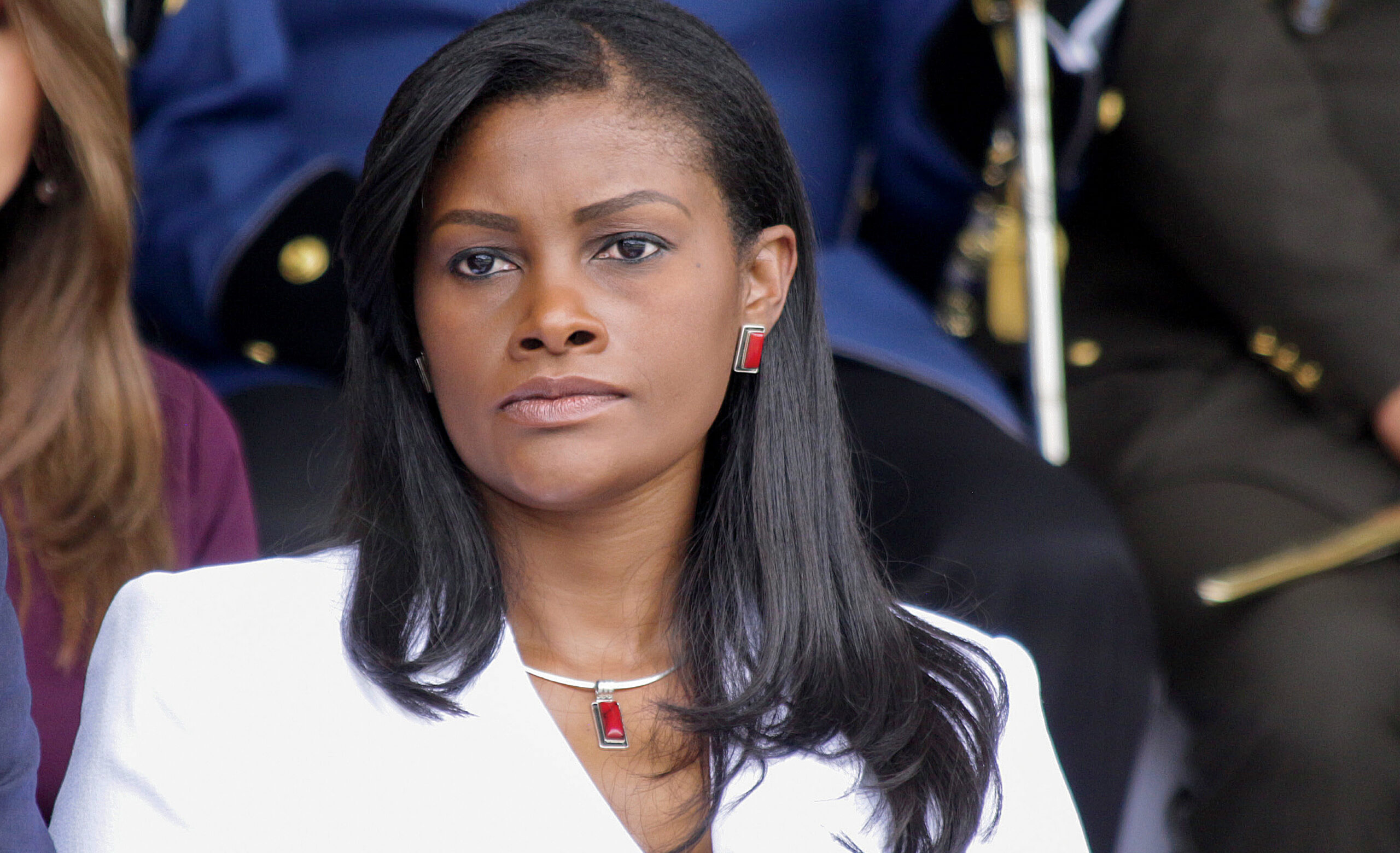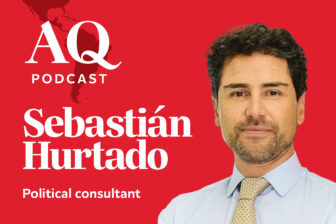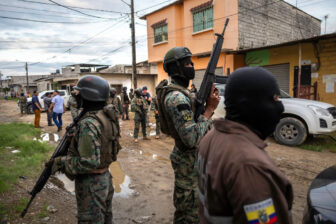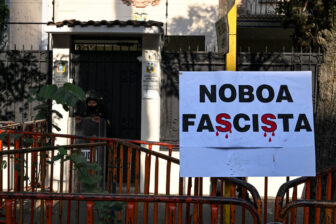This article is adapted from AQ’s special report on Latin America’s ports
QUITO — In the hours after midnight in March, a police task force swept through the streets of Guayaquil, Ecuador’s main port and business capital.
The force made 12 arrests, including seven judges and a former congressman, as part of major investigations known as “Metástasis” and “Purga” (“purge” in Spanish) which in recent months have exposed links between organized crime and the highest realms of political power in Ecuador.
Overseeing the operation from her office in Quito was Diana Salazar, the country’s indefatigable attorney general—even though she was due in court for a hearing later that day. Now entering the sixth and last year of her tenure, Salazar is known as a hands-on investigator who sleeps no more than four hours a day.
There is certainly plenty of work to be done. Since Salazar announced the start of the Metástasis investigation in December 2023, the probe has repeatedly shown how drug cartels and corruption mafias have infiltrated Ecuador’s prison and justice systems, the legislative branch, the police force, local governments and even public procurement of medical supplies.
From the beginning, Salazar warned that the investigation could contribute to an escalation of violence. But even she could not have foreseen what came next. Days later, the gangs lashed out, and shocking scenes of prison riots and the siege of a television station by criminals reverberated around the world.
Shortly thereafter, President Daniel Noboa declared a state of emergency and officially recognized that there is an internal armed conflict in Ecuador.
Salazar, a 42-year-old career prosecutor, told AQ over email that her biggest fear is Ecuador becoming resigned to living with corruption, organized crime, drug trafficking and sexual aggressors “as something as natural as breathing. That my daughter grows up in a country that normalizes crime.”
At this point it is hard to tell what she can achieve. As global production of cocaine doubled over the past decade, Ecuador became a major transportation hub for drugs produced mainly in Colombia and Peru. The country’s homicide rate soared by almost 500% between 2016 and 2022, and it is now one of the most violent in Latin America. Last year’s presidential campaign saw the assassination of a candidate who had challenged the cartels.
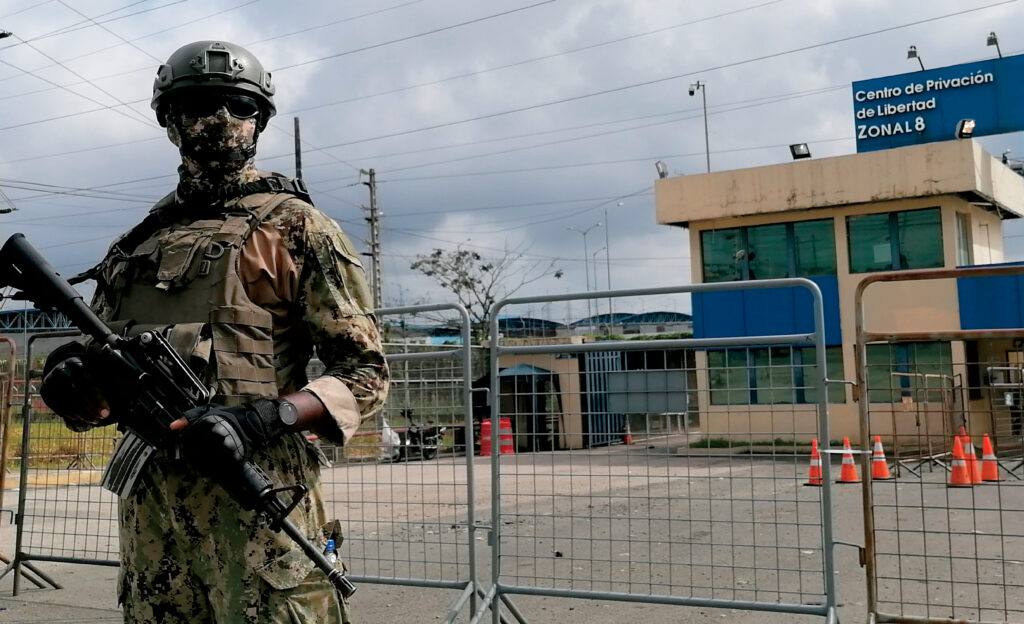
With this trend, three different strands of criminality are now intertwined: corrupt politicians, narcos and money launders. The scale and complexity of this is new for Ecuador, considered until recently an island of relative peace. And Salazar has only one year to go of her term.
But she has achieved something unprecedented, which is to begin to reveal these connections. Until her, attorneys general moved slowly, if at all, with investigations.
When AQ first profiled Salazar in 2019, she lamented the public’s loss of faith in the nation’s justice system. Now, she at least seems to have Ecuadorians on her side. A decade and a half of polarization between leftist ex-President Rafael Correa’s supporters and anti-Correa sectors has undermined citizens’ confidence in institutions.
But, for all the turmoil, Salazar stands strong. According to a February poll from Cedatos, the attorney general has 58% approval, compared to 13% for judges and the overall judicial system and disapproval of 73% for politicians in general.
Origins
Born in the small city of Ibarra, Salazar was mostly raised by her mother, who moved her family to Quito when she was a teenager, seeking better opportunities for her children.
She studied political and social sciences at Universidad Central del Ecuador, has a juris doctor from the same university, and a masters in procedural law from Universidad Tecnológica Indoamérica.
Salazar entered the attorney general’s office in 2001, at age 20, working as a legal assistant while she completed her studies. After working her way up to a secretary role, in 2010, she was passed over for a prosecutor role in Quito despite her technical credentials. After she complained and rejected an alternative post, she was appointed prosecutor in Quito, winning the first of many battles for advancement.
Salazar’s career took off in 2015 when she joined the attorney general’s anti-money laundering unit. She could finally pursue her passion there: investigating intricate and complex crime and corruption cases.
Salazar quickly won attention by prosecuting Luis Chiriboga, head of the Ecuador Soccer Federation (FEF), as part of the so-called FIFAgate investigations. “Chiriboga was soccer’s sacred cow. Beloved, feared, and disliked at the same time,” said Martha Cordova, a sports journalist based in Quito.
Acclaimed for his decades-long tenure at FEF, during which Ecuador qualified for the first time for two World Cups, Chiriboga’s hubris and opaque management of FEF finances raised eyebrows. After Salazar’s investigations, Chiriboga received a suspension for life from FIFA, a 10-year sentence for money laundering, later reduced to six years, and a $6 million fine.
Career official
After a stint at the head of Ecuador’s anti-money laundering watchdog under President Lenín Moreno, Salazar got the nod for attorney general in 2019. During the selection process, Salazar was asked if there was corruption at the attorney general’s office. She admitted it existed and that the organization was in much need of a cleansing process.
To Luis Hernández, a retired general on the committee that chose Salazar, this was an answer that “revealed she did not have that fake esprit de corps that causes a lot of damage in Ecuador, a small society where everyone knows everyone and often covers up for each other’s faults.”
Salazar’s candidacy benefited from a consensus over the need to choose a non-political career attorney general with a spotless record, capable of restoring a troubled and politicized institution. She was, in fact, the first career prosecutor to ascend to the top job. Before her, four different people had held the job in two years.
“I’m not a politician,” Salazar said. “The attorney general’s office has been regarded by many as a political trophy, a harassment tool, but I’m a career official who sees it as a technical institution.”
Clashes with politicians
Her style has earned her a pack of enemies, with ex-President Rafael Correa at the top of the list. Salazar was already a leading prosecutor in Ecuador during the anti-corruption movement in Latin America in the 2010s, which exposed a web of graft around the region.
She was a central figure in the Ecuadorian chapter of “Lava Jato,” the investigation that unearthed construction company Odebrecht’s bribe-paying in Brazil and several other countries. At the time, she found evidence linking Moreno’s vice president, Jorge Glas, to the bribery network.
Salazar was soon to deliver a blow to Correa’s reelection ambitions. As part of the “Sobornos” case, the Spanish word for bribes, Salazar accused Correa of leading a network to collect $7.3 million in bribes between 2012 and 2016. According to the prosecution, the bribes were paid by several private companies interested in securing advantageous contracts with the public sector.
In July 2020, Ecuador’s National Court handed down eight-year prison sentences for 17 of the 20 people indicted, including Correa and Glas. Correa had moved to Belgium in 2017 and, in April 2022, the European nation granted him political asylum. Glas moved into Mexico’s Embassy in Quito as a “guest” and was granted asylum in April 2024. Hours after this decision, the Ecuadorean police seized him from the embassy, sparking an international diplomatic conflict that is ongoing.
Correa frequently attacks Salazar’s technocratic credentials, referring to her as “10/20”—a nod to her score on a test that was one portion of the attorney general selection process. He has also disseminated accusations of plagiarism regarding Salazar’s law dissertation, a claim reviewed and dismissed in 2023 by a special committee appointed by Universidad Central.
Correa has denied all the accusations against him, saying he is the victim of political persecution. Glas has also denied wrongdoing.
Taking on narco-corruption
Meanwhile, crime took root in Ecuador in an unprecedented way.
The spike in violence and the attacks on state institutions by criminals put in question how much officials can do to support the rule of law in the face of broader trends that run in the opposite direction. Salazar’s Metástasis investigation might be understood as one attempt to answer that question.
Metástasis started after the assassination in 2022 of drug lord Leandro Norero, known as “El Patrón.” As part of the investigation, cellphones belonging to Norero were seized by the attorney general’s office, revealing a stream of messages between Norero and judges, lawyers, police officials, businessmen and drug dealers.
Thirty-nine suspects are now being prosecuted for their role in Norero’s conspiracy to permeate the judiciary, the legislature, the police and even a digital news outlet. Evidence gathered during the Metástasis investigation led Salazar to open Purga, to look into a network involving a former congressman and judges from Guayas, one of Ecuador’s most violent provinces. It is uncovering the dynamics between organized crime and the judiciary to protect drug lords such as Adolfo “Fito” Macías, the leader of Los Choneros, Ecuador’s largest narco-criminal gang.
What’s next?
Paulina Araujo, one of Ecuador’s most respected criminal law professors, followed the arraignment hearing of Metástasis. “She presented a coherent statement of the facts and a thorough investigation that gave sense to what otherwise would have been a series of chats. She contested forcefully attempts from the defense lawyers to challenge the evidence.”
Salazar has also taken advantage of what she sees as a recurring mistake of lawyers’ strategy in high-profile cases: “They tend to focus on winning their case in the media,” forgetting the technical aspects in court, she said. “People who commit these crimes think they are untouchable, that power will get them out of trouble,” Salazar added.
But repeated attempts in Congress to remove Salazar from office show that questions of political power are hardly irrelevant to her work. In the last year, Salazar has weathered at least three attempts at impeachment. The most recent was in 2023, when the conservative Social Christian Party, as well as President Noboa’s ADN political movement and three other political groups, opposed a bid to oust Salazar backed by Correa’s Revolución Ciudadana.
Impeachment remains a threat. Revolución Ciudadana has managed to put the bid on the 2024 congressional agenda, but it will face an uphill path to secure at least 70 votes to oust Salazar. In the meantime, she stays focused on her job.
In political circles in Quito there is discussion about whether she would be a potential candidate in the upcoming 2025 elections. She said that for the foreseeable future she’s not interested.
“The future will take shape as things develop. There are so many responsibilities for this week and the next, so many threats that I have no time left to think of the long-term future,” Salazar said.
—
Escobar is a freelance journalist based in Quito

